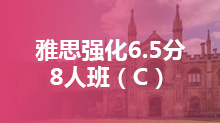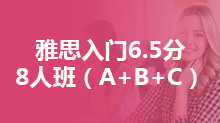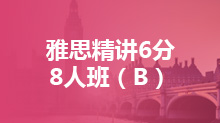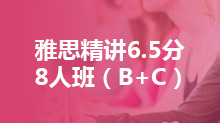1. 作动词或介词的宾语:经常在enjoy, teach, hurt, buy, introduce, seat, dress, express, amuse, behave等动词和by, for, to, of等介词后作宾语。如:
He is teaching herself English.她在自学英语。
She was talking to herself.她自言自语。
He lives by himself in the country.他独自住在乡下。
2. 作主语或宾语的同位语:主要起加强语气的作用,译作“亲自,本身,本人”。如:
Did you make the cake yourself?这蛋糕是你亲自做的吗?(yourself作主语you的同位语)
The work itself is easy.这工作本身很容易。(itself作主语the work的同位语)
Did you see Mr. Wang himself?你见过王先生本人吗?(himself作宾语Mr. Wang的同位语)
3. 作表语:在be, feel, look, seem等系动词后作表语,表示身体或精神状态处于正常。如:
I’m not myself today.今天我感觉不舒服。
I am feeling myself again.我觉得健康如昔。
4. 用于一些简短的会话用语或固定说法中。如:
Help yourself! 请随便吃吧!/请自己去取吧!
Make yourself at home! 别客气!
Don’t upset yourself! 别自寻烦恼(from www.yygrammar)!
Make yourself heard /understood. 使你的话被人听得见/理解。
反身代词
1) 列表
I you you she he
myself yourself yourselves herself himself
we they it one
ourselves themselves itself oneself
2)做宾语
a. 有些动词需有反身代词
absent, bathe, amuse, blame, dry, cut, enjoy, hurt, introduce, behave
We enjoyed ourselves very much last night. 我们昨晚玩得很开心。
Please help yourself to some fish. 请你随便吃点鱼。
b. 用于及物动词+宾语+介词
take pride in, be annoyed with, help oneself to sth.
I could not dress (myself) up at that time. 那个时候我不能打扮我自己。
注:有些动词后不跟反身代词, get up, sit-down, stand up, wake up等。
Please sit down. 请坐。
3) 作表语; 同位语
be oneself: I am not myself today. 我今天不舒服。
The thing itself is not important. 事情本身并不重要。
4) 在不强调的情况下,but, except, for 等介词后宾语用反身代词或人称代词宾格均可。如:
No one but myself (me) is hurt.
注意:
a. 反身代词本身不能单独作主语。
(错) Myself drove the car.
(对) I myself drove the car. 我自己开车。
b. 但在and, or, nor连接的并列主语中,第二个主语可用反身代词,特别是myself 作主语。
Charles and myself saw it.
5)第二人称作宾语,要用反身代词。
You should be proud of yourself. 你应为自己感到骄傲。




